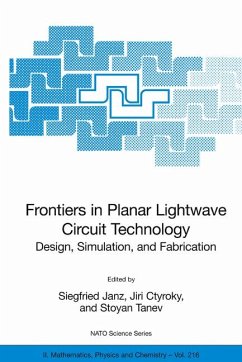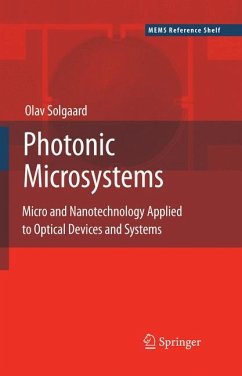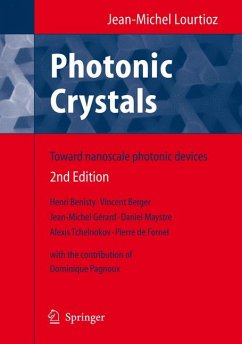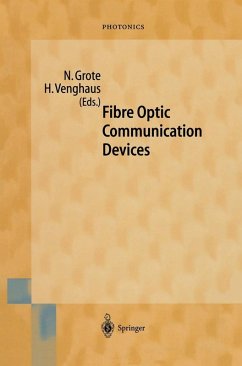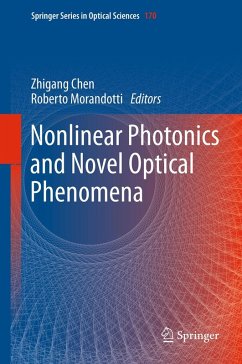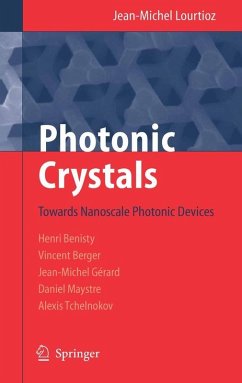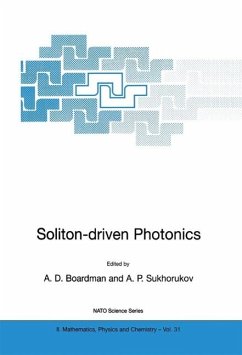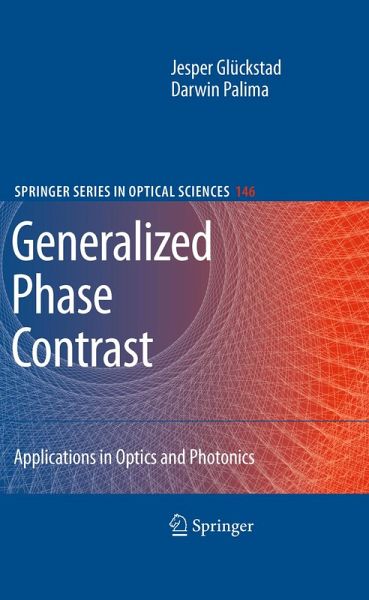
Generalized Phase Contrast: (eBook, PDF)
Applications in Optics and Photonics
Versandkostenfrei!
Sofort per Download lieferbar
72,95 €
inkl. MwSt.
Weitere Ausgaben:

PAYBACK Punkte
36 °P sammeln!
Generalized Phase Contrast elevates the phase contrast technique not only to improve phase imaging but also to cross over and interface with diverse and seemingly disparate fields of contemporary optics and photonics.This book presents a comprehensive introduction to the Generalized Phase Contrast (GPC) method including an overview of the range of current and potential applications of GPC in wavefront sensing and phase imaging, structured laser illumination and image projection, optical trapping and manipulation, and optical encryption and decryption. The GPC method goes further than the restr...
Generalized Phase Contrast elevates the phase contrast technique not only to improve phase imaging but also to cross over and interface with diverse and seemingly disparate fields of contemporary optics and photonics.
This book presents a comprehensive introduction to the Generalized Phase Contrast (GPC) method including an overview of the range of current and potential applications of GPC in wavefront sensing and phase imaging, structured laser illumination and image projection, optical trapping and manipulation, and optical encryption and decryption. The GPC method goes further than the restrictive assumptions of conventional Zernike phase contrast analysis and achieves an expanded range of validity beyond weak phase perturbations. The generalized analysis yields design criteria for tuning experimental parameters to achieve optimal performance in terms of accuracy, fidelity and light efficiency. Optimization can address practical issues, such as finding an optimalspatial filter for the chosen application, and can even enable a Reverse Phase Contrast mode where intensity patterns are converted into a phase modulation.
This book presents a comprehensive introduction to the Generalized Phase Contrast (GPC) method including an overview of the range of current and potential applications of GPC in wavefront sensing and phase imaging, structured laser illumination and image projection, optical trapping and manipulation, and optical encryption and decryption. The GPC method goes further than the restrictive assumptions of conventional Zernike phase contrast analysis and achieves an expanded range of validity beyond weak phase perturbations. The generalized analysis yields design criteria for tuning experimental parameters to achieve optimal performance in terms of accuracy, fidelity and light efficiency. Optimization can address practical issues, such as finding an optimalspatial filter for the chosen application, and can even enable a Reverse Phase Contrast mode where intensity patterns are converted into a phase modulation.
Dieser Download kann aus rechtlichen Gründen nur mit Rechnungsadresse in A, B, BG, CY, CZ, D, DK, EW, E, FIN, F, GR, HR, H, IRL, I, LT, L, LR, M, NL, PL, P, R, S, SLO, SK ausgeliefert werden.




